Adam Foulds’s latest novel is less successful than its predecessor. In 2009 he reached the Booker shortlist with The Quickening Maze, which saw Victorian poets orbit a lunatic asylum in Epping Forest. Now, with In the Wolf’s Mouth, he has shifted his attention to the Mediterranean theatre of the second world war. Will Walker is an English field security officer, Ray Marfione an American GI. Both find themselves in North Africa and Sicily, as ancient corruption permeates Allied liberation.
The subject matter is Foulds’s primary failing. The Quickening Maze fizzed because the author, who has a separate reputation as a poet, knows what it is to write verse and that informed his resurrection of Alfred Tennyson and John Clare. The temporal flick from his subjects’ contemporary condition to their future reputation was beautiful. ‘When the grief was total… full of words, was a world itself… then Tennyson will be laureate, will be rich.’ Such affinity is key to historical fiction. Pat Barker’s novels, for example, work so well because she understands the creative difficulties of her subjects, from Sassoon and Owen to the fictionalised war artists in 2012’s Toby’s Room.
But In the Wolf’s Mouth is not about writers. Foulds takes on a milieu he never experienced without the comparative advantage he brought to his last novel. Nowhere does he suggest that he truly understands what it is to be a soldier or to be Sicilian. The sense of place is vague — ‘North Africa’, ‘the town’ — and the battle scenes formulaic; we see some Germans killed post-surrender, and some burnt-out vehicles.
These failings are rendered acute by Foulds’s determination to take on the 1940s in its medium of greatest strength. His Mau Mau verse ‘The Broken Word’ glistened because 1950s Kenya is not awash with poetic treatment. But the second world war was a prose writer’s conflict. To set In the Wolf’s Mouth against the best memoirs of the Mediterranean theatre is a shattering comparison. Alan Moorehead’s The Desert War and Keith Douglas’s Alamein to Zem Zem make this North Africa seem like land under gauze. In Italy Foulds’s faltering occupiers are flat compared with Norman Lewis’s Naples ’44.
Pitted against the great novels of the conflict, this book does not fare well either. Its riff on social class in a conscript British Army (‘there was a look for the officer class and Will didn’t have it’) is simplistic compared with Evelyn Waugh’s Sword of Honour and Anthony Powell’s A Dance to the Music of Time.
American characters bring further difficulties. Ray Marfione is from New York. His Italian-American vernacular (‘You’re a little wop virgin Marfione. That’s Italian virgin to you’) fares poorly beside, for instance, Don DeLillo’s version of the same in Underworld.
DeLillo grew up as an Italian in the Bronx. Powell was an army officer. Foulds has shown a laudable determination to cut his own trail, in particular persisting with verse 200 years after that was a sound literary career move. He has considerable talent. But his latest novel warns of the pitfalls of writing about what you do not know.
Got something to add? Join the discussion and comment below.
Get 10 issues for just $10
Subscribe to The Spectator Australia today for the next 10 magazine issues, plus full online access, for just $10.
Available from the Spectator Bookshop, £13.99. Tel: 08430 600033
You might disagree with half of it, but you’ll enjoy reading all of it. Try your first month for free, then just $2 a week for the remainder of your first year.

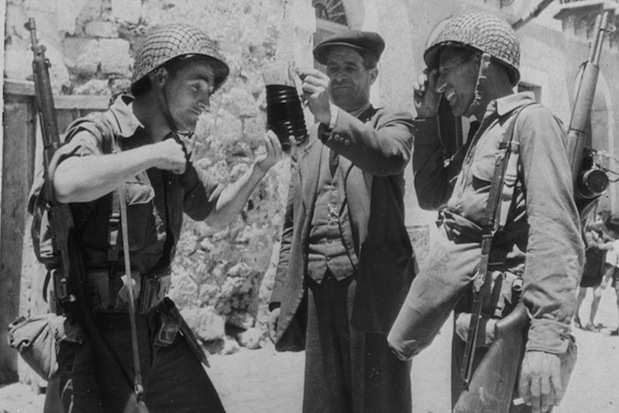

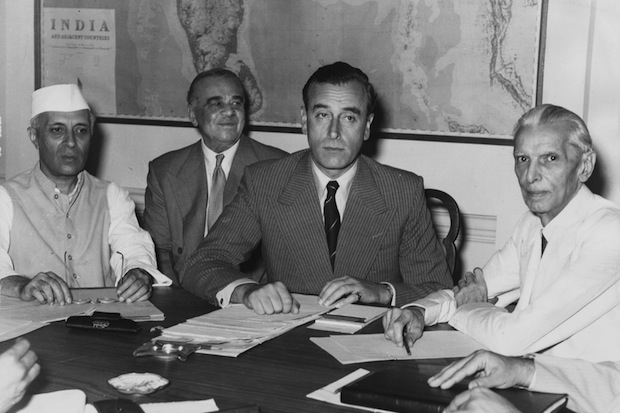
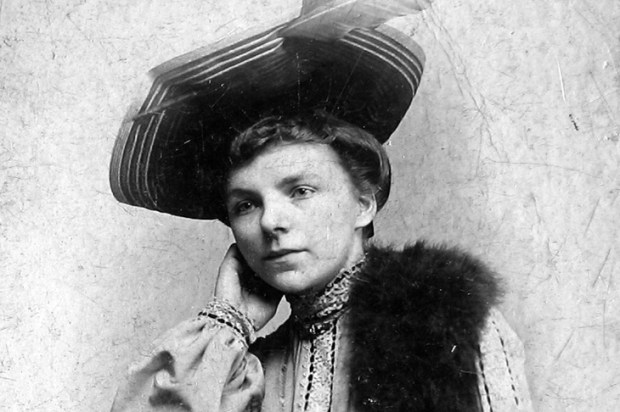
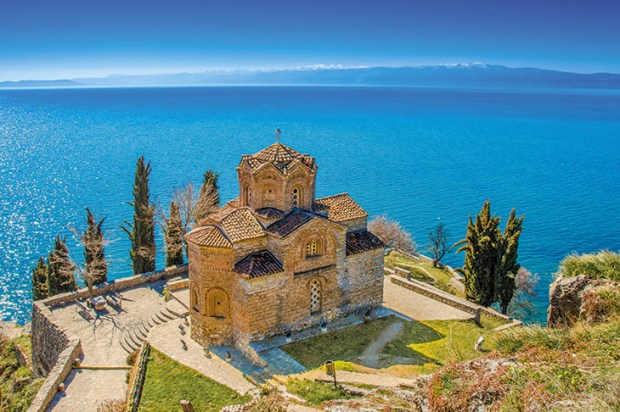
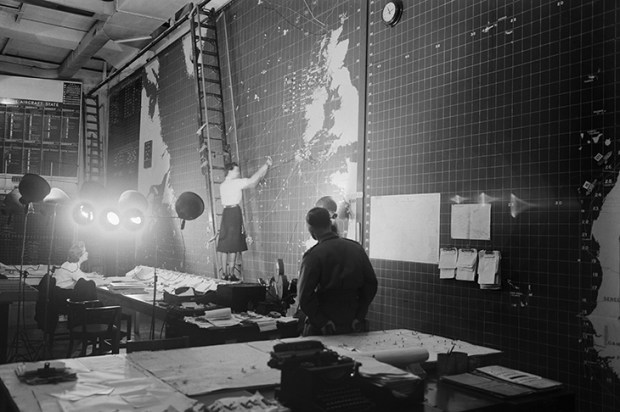
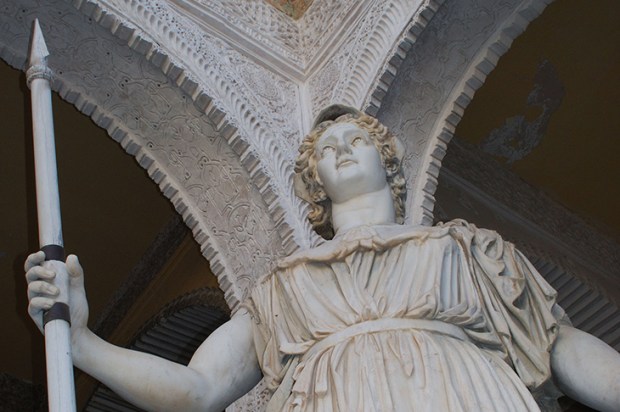






Comments
Don't miss out
Join the conversation with other Spectator Australia readers. Subscribe to leave a comment.
SUBSCRIBEAlready a subscriber? Log in